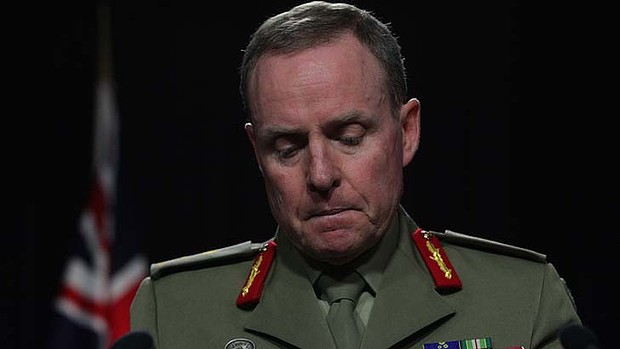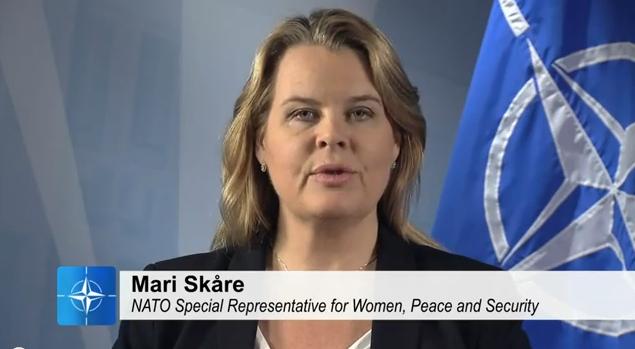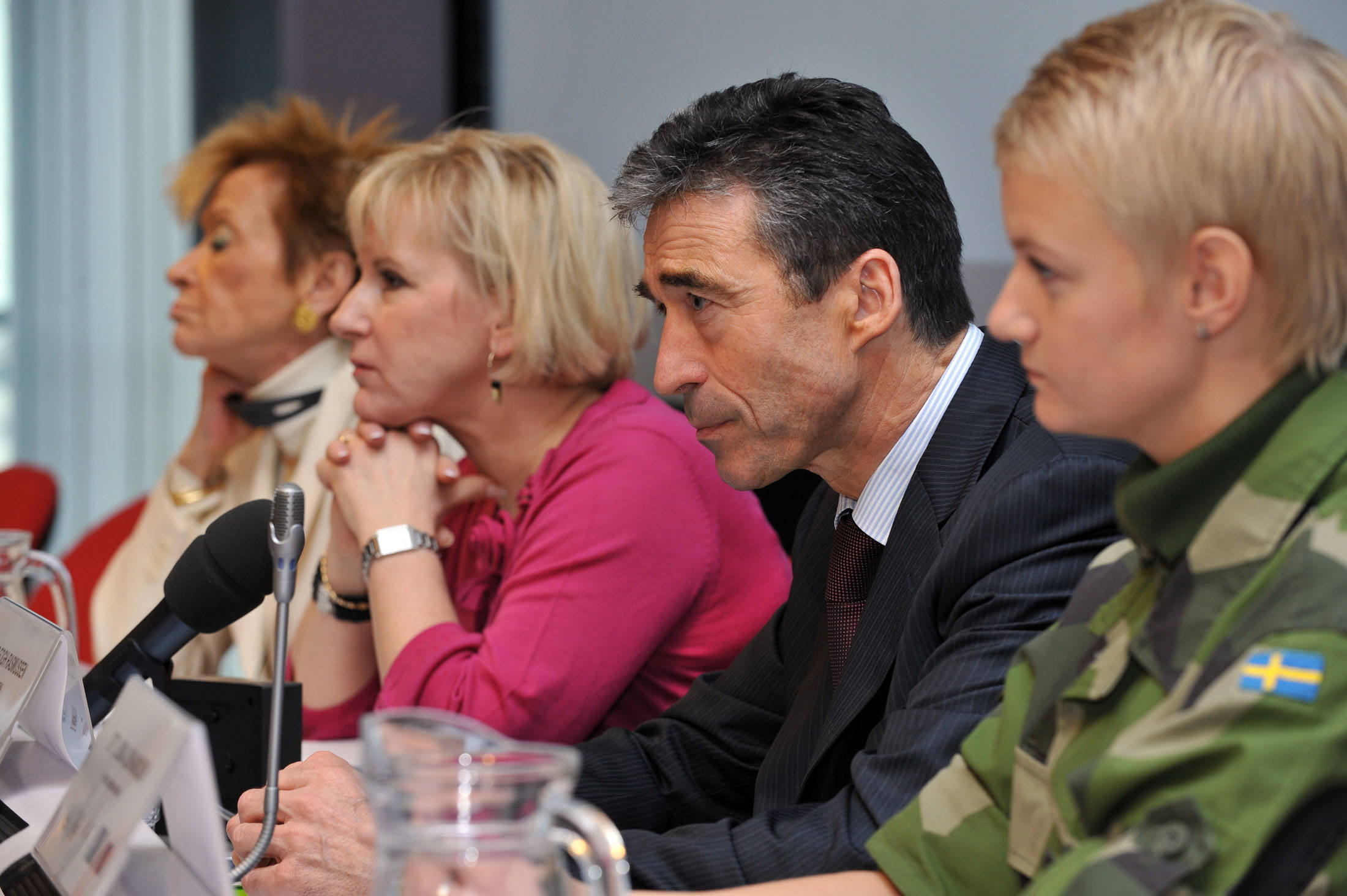Criticism regarding the conservative-religious roots of Turkey’s ruling party, the AKP (The Justice and Development Party), has reached a peak as the discussion of human and especially women’s rights issues continues. In June 1923, Atatürk founded the Turkish Republic on secular principles which were formally enshrined in the 1924 Turkish constitution. In order to achieve democracy Atatürk awarded both men and women the same legal rights; he did this by equalizing education, inheritance, and divorce rights between men and women, in addition to banning religious headwear in government and public institutions to increase awareness of his secular goals for Turkey. Almost ninety years later, one would think that Turkey would be as committed to maintaining women’s rights as their NATO partners. Rather, the portrayal of women in recent protests by the media, along with the increase in violence against women under AKP and PM Erdoğan are issues that suggest that the importance of women’s rights have diminished.
Political Outcry: Women in Turkey’s Protests
The role of women in Turkey’s political protests suggests that the Turkish government must cease ignoring women’s rights. In June 2013, protests were held which challenged the construction of a shopping mall in public space on Taksim-Gezi Park. A young woman who was not involved in the protest was sprayed with tear gas by an officer who was standing only a metre away; this image of cruelty was captured in a photo and has become a symbol of the summer protests, evidently bringing more negative scrutiny to the AKP’s response to the Turkish protests. In December 2013, a Turkish woman was detained for waving a shoebox during an anti-government protest. This demonstration objected to the recent corruption scandal where $4.5 million was found stashed in a shoebox in the home of one chief executive of the Turkish state-owned bank. Such examples show the government’s hypocritical position vis-a-vis women’s rights, particularly in light of Erdoğan’s statements in 2008 in which he claimed that the banning of headscarves for women in government and public institutions infringes on women’s rights. These situations demonstrate AKP’s neglect towards women in Turkish society. Due to this political neglect, there has been a suggested increase in male violence towards women.
Lack of Government Support
According to the “Violence against Women in Turkey” conference held by Bilgi University and the Mor Cati Foundation, 40% of women have been physically or sexually abused by their husband or partner. In 2013, women’s rights groups estimated that 28,000 women were exposed to violence, with 214 of those exposures fatal. Contrasting this to the secular and democratic goals that Turkey was founded on, women today are situated at the bottom of the current political agenda under AKP. The first Feminist movement occurred during the Kemalist era, when Turkey was founded, and during this time, women became an important factor in Atatürk’s campaign. Throughout the 1980s, feminist movements that advocated against violence against women were very prominent, and were supported by secular political leaders. However, in 2002, AKP’s victory brought a shift in women’s rights. For instance, United Nations recorded in a report that AKP refused to meet with the Women’s Working Group of the Penal Code (WWGPC) for almost half a year. Thus, since AKP’s victory, attention to the issue of violence against women has declined.
[captionpix align=”left” theme=”elegant” width=”300″ imgsrc=”http://natoassociation.ca/wp-content/uploads/2014/01/2013-06-03t100504z_1272633243_gm1e9631e5001_rtrmadp_3_turkey-protests-erdogan-thumb-large.jpg” captiontext=””]
In November 2013, the Turkish Embassy in Washington held a luncheon and invited several dozen prominent American women and diplomats; when asked about the number of violent assaults on Turkish women each year, the Turkish Official from the Ministry of Family responded “I don’t have the exact numbers right now.” The US State Department reported in 2012 on human rights in Turkey, stating that the government statistics on violence against women were incomplete. Further, the representation of facts regarding issues concerning the safety of women are often skewed. During an interview, the wife of the Turkish Foreign Minister, Sare Davutoglu, said: “Sometimes your policies and aims seem to collide with each other, but actually women’s employment has increased. At the same time the government is helping women become mothers and raise children by increasing maternity leave.” Although Sare Davutoglu was right that the job opportunities have increased for women, they still remained less than a third of the workforce, according to the Turkish Statistic Institute.
The Future of Women and Security in Turkey
In October 2000 NATO implemented UN Resolution 1325 that recognizes the impact that war and conflicts have on women. As a NATO member, PM Erdoğan and the Turkish government should increase support of women. The AKP’s lack of concern for women has resulted in Turkey being rated 124th out of 140 countries by the World Economic Forum in gender equality (below Qatar and Jordan). If AKP does not change its position on women, it may be outvoted by the CHP (Turkey’s opposition party) and its leader Kemal Kılıçdaroğlus. The CHP believes in equality of men and women, and many believe that this government will be the right candidate to bring women’s rights in Turkey up to date. The future of Turkey will be in part decided in the upcoming presidential election to be held in August 2014.




